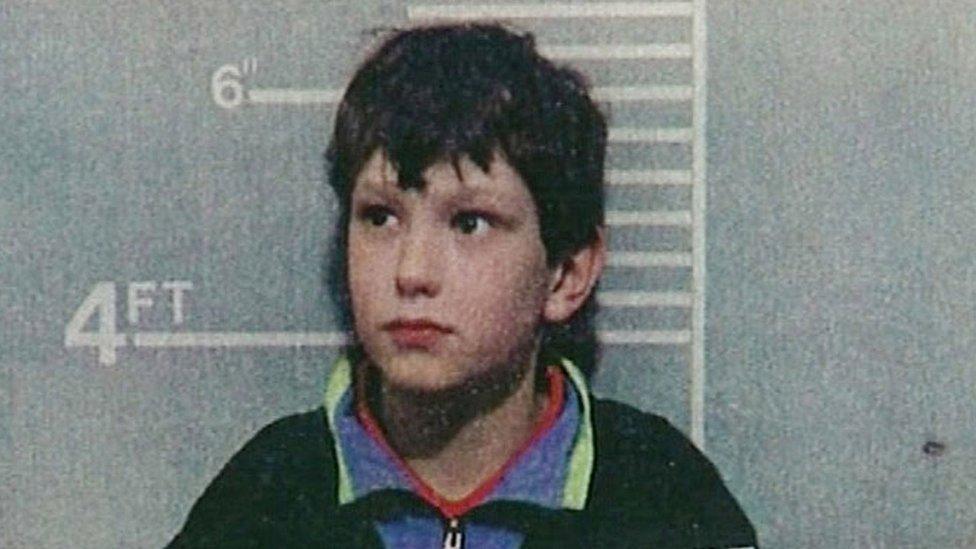Oscars 2019: How controversial James Bulger film Detainment was made
- Published
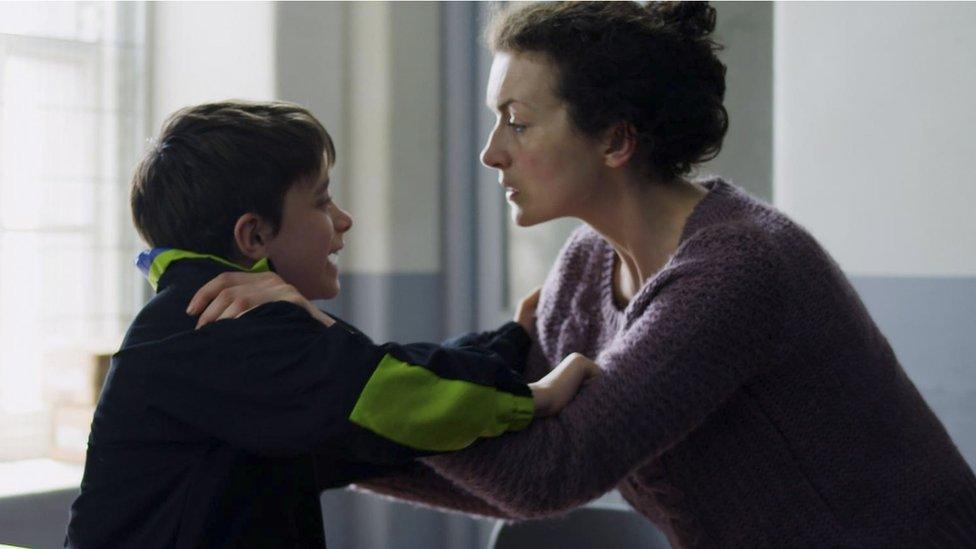
Ely Solan plays Jon Venables and Tara Breathnach is his mum Susan
A harrowing film recreating the events surrounding the notorious murder of two-year-old James Bulger has been nominated for an Oscar despite protests from the boy's family.
In the Irish-made Detainment, two child actors portray the toddler's killers before and after the killing.
The director has told BBC News why he made the controversial film, how he prepared his young actors - and why he won't withdraw it from the Oscars.
What happened to James Bulger?
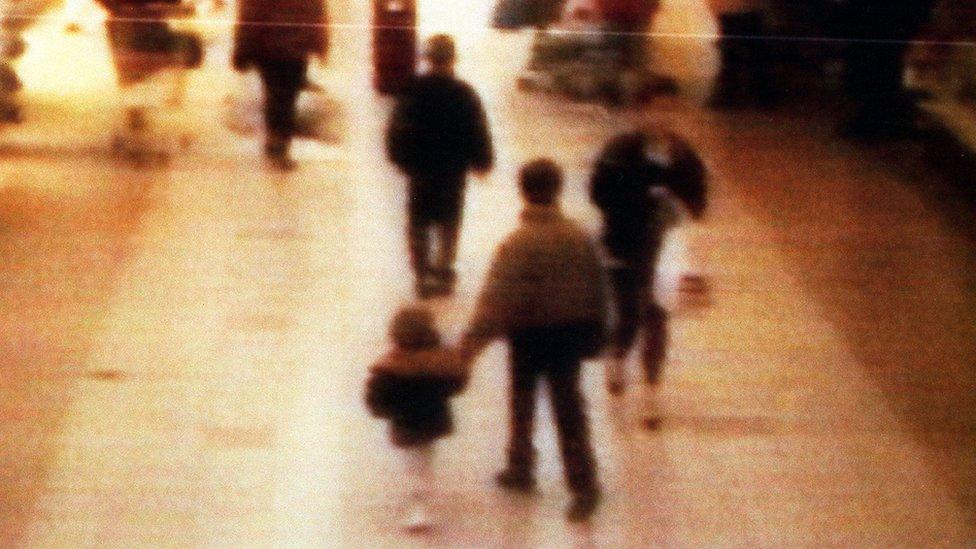
James Bulger was led out of the shopping centre by Venables and Thompson
James was a month short of his third birthday when he was abducted by two 10-year-old boys at the Strand shopping centre in Bootle, Merseyside, in February 1993.
His mother Denise was in a butcher's shop when James was taken from the doorway by Jon Venables and Robert Thompson. They led him out and to a railway line, where they killed him.
The fact such a young boy had been deliberately murdered by other children shocked the nation, and the world.
Venables and Thompson were convicted of murder and have since been given new identities.
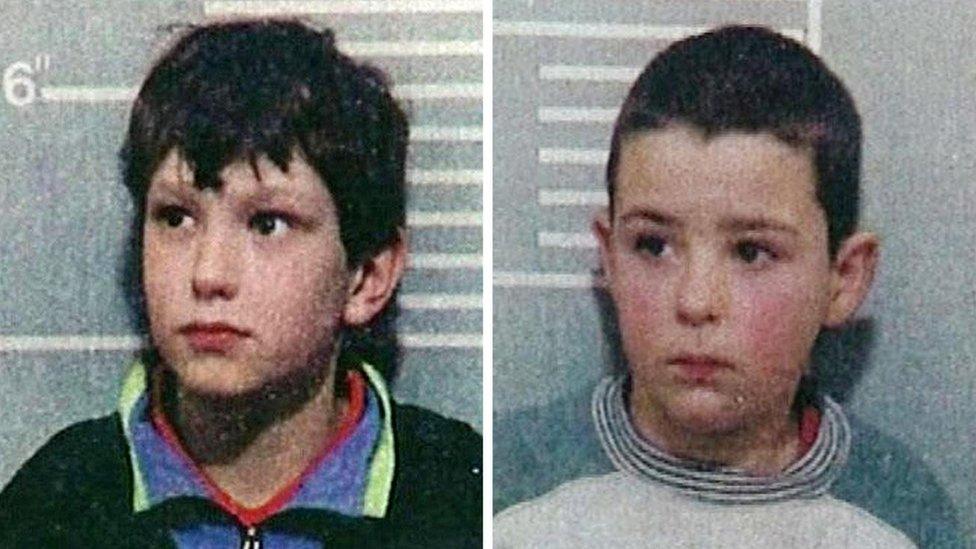
Jon Venables and Robert Thompson in the original police photos
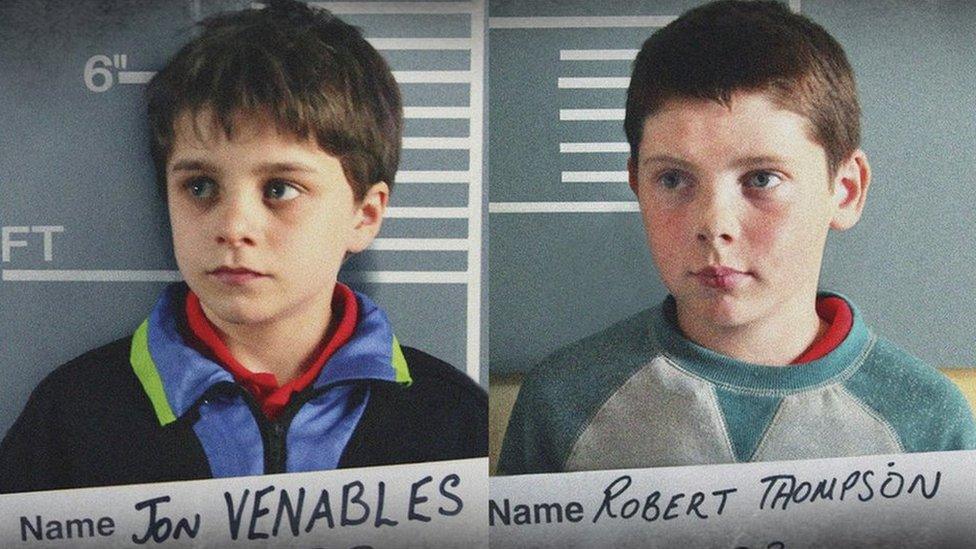
And the young actors in a publicity shot for the film
What's in the film?
Most of the 30-minute film recreates the police interviews with Venables and Thompson by using transcripts from the original interview tapes, which were played in court during the trial.
Its director Vincent Lambe has said some key scenes that took place outside the police interview room were dramatised, but that it was "as close as we could possibly have made it" to the original events.
"The film is almost entirely verbatim and there are no embellishments there whatsoever," he told BBC News.
In fact, quite a few scenes take place beyond the interview room. We see Thompson and Venables messing about in the shopping centre before abducting James, and we see a toddler playing James standing outside a butcher's.
We also see the older boys leading the toddler through the streets after taking him, and speaking to some of the 38 people who saw them on their route to the railway line.
Why was it made?
"The popular opinion is that those boys were evil and anybody who gives any alternate opinion or reason as to how it could have happened gets criticised for it, and as a result it stifles debate on the whole issue," Lambe said.
"I think what they did was evil, but I think there's a lot more to it. I don't think you can simply dismiss them as being evil - I think it's important to try to understand how it happened.
"The film was made in the interest of understanding why it happened in order to prevent something similar happening again in the future."
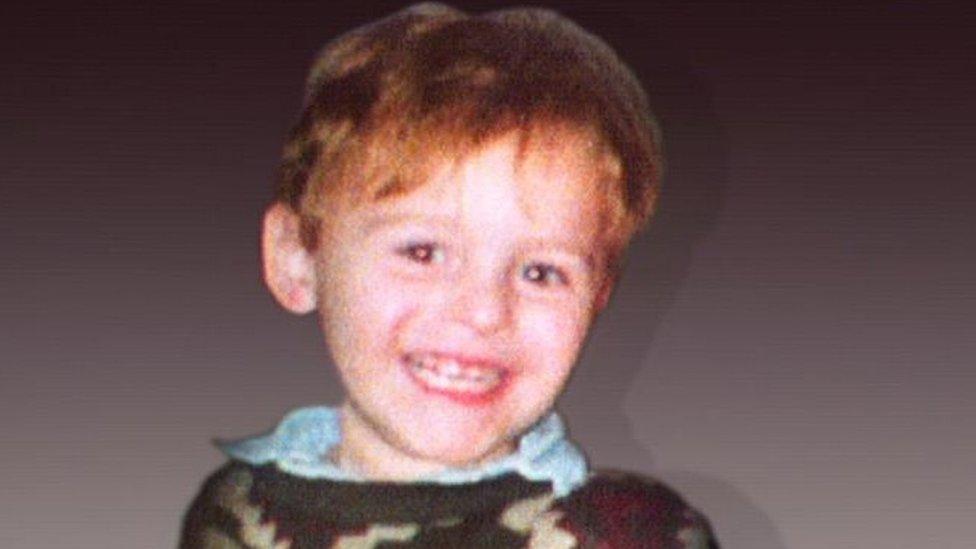
James Bulger was two when he was abducted and killed
Does it help us understand why it happened?
In largely sticking to the police interview transcripts, the director sheds little light on what made two 10-year-old boys capable of murder.
"I would have liked to make the film more enlightening, but if we were to show sections from the [killers'] background it would make it a different film because then it's putting an opinion on it," he said.
"And I didn't want to be telling the film from any one person's point of view, and I think the perspective of James Bulger's family is equally important, so we decided to just focus on the factual material that was there and we kept it as factual as possible."
How did the director look after the young actors?
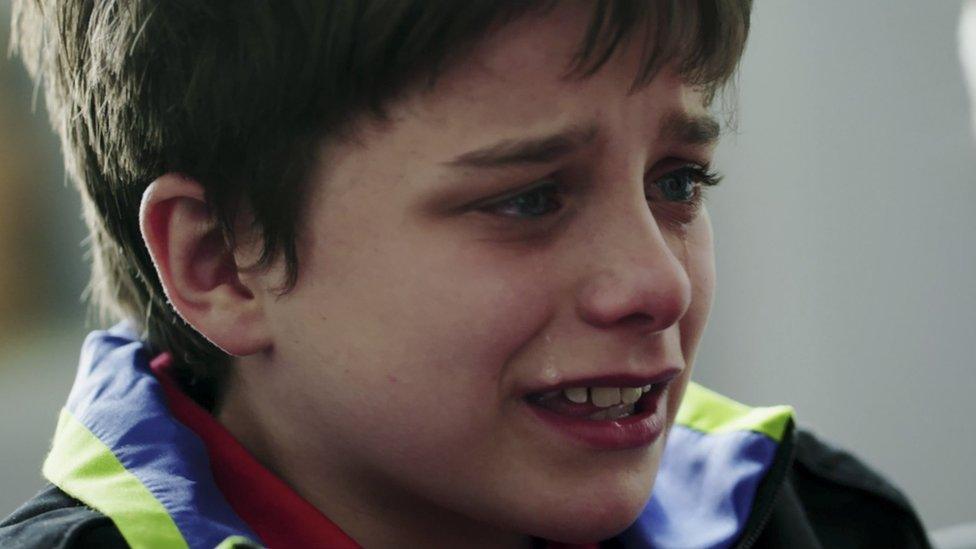
Ely Solan gives an emotionally raw performance as Venables
Ely Solan, who plays Venables, and Leon Hughes, who plays Robert, were both 11 when the film was shot. Solan in particular gives a remarkable performance and his character is in tears for much of the interviews.
Lambe has spent 12 years working in children's casting and as a children's agent, and says doing thousands of auditions has taught him how to direct children.
Denise Fergus says the Oscar-nominated film about her son's death in 1993 has left her 'distraught'
Even so, James Bulger's killers were "two of the most demanding roles for child actors to play", he said.
But he said he spent a lot of time working with the young actors before filming started and they "were very well prepared for it".
He said: "It was tricky but at the same time we had enough time to work with them. It's not like they were thrown in the deep end or anything.
"There was a long period for them to get used to and understand the characters. And it was actually a very warm, friendly set for the boys to work on.
"There were lots of relaxed moments in between the scenes, even though the scenes themselves were quite intense. We'd still be having fun with them during the breaks."
It was Hughes's first film, and the audition for Detainment was Solan's first ever audition. Since shooting Detainment, he has gone on to film The Man Who Invented Christmas with Christopher Plummer and Four Kids and It with Michael Caine.
Why didn't the film-maker consult James Bulger's family?

James Bulger's mother Denise Fergus said she wouldn't have let the film go ahead
One of the main criticisms has been that Lambe didn't consult James Bulger's mother Denise Fergus or father Ralph Bulger.
"It's something we did think long and hard about," Lambe said, and has said he didn't mean any disrespect by not consulting her.
Mrs Fergus thinks she know why he didn't. "I'd have asked him to let me know what the film was going to be about first - how he was going to pan it out," she told ITV's This Morning on Thursday.
"No, I wouldn't have agreed with the way he's done it."
She has called for rules to stop people making films about real-life cases without relatives' consent. "I'm going to try to stop other families from going through what I'm going through with these things being made," she told Loose Women, external earlier this month.
Will it win an Oscar?
Detainment is nominated for the best live action short film prize at the Academy Awards, which take place in Hollywood on 24 February.
Mrs Fergus has called for the Oscars to remove it or for Lambe to withdraw it, and an online petition in support has passed 100,000 signatures.
"If he gets away with this, if he gets this Oscar, then it's going to give anyone the right to go and pick on a family who's been through something like this and do whatever they want with it," she said.
But he has refused to withdraw it. "It's like saying, should we burn every copy of it? I think it would defeat the purpose of making the film," he said.
Based on film-making craft alone, it could be in with a shot, and the Oscar nominations are often filled with films based on dramatic or tragic real-life stories.
But the controversy has been reported in the Hollywood press and could affect Detainment's chances in the Oscars voting, which opens on 12 February.

Follow us on Facebook, external, on Twitter @BBCNewsEnts, external, or on Instagram at bbcnewsents, external. If you have a story suggestion email entertainment.news@bbc.co.uk, external.
- Published25 January 2019
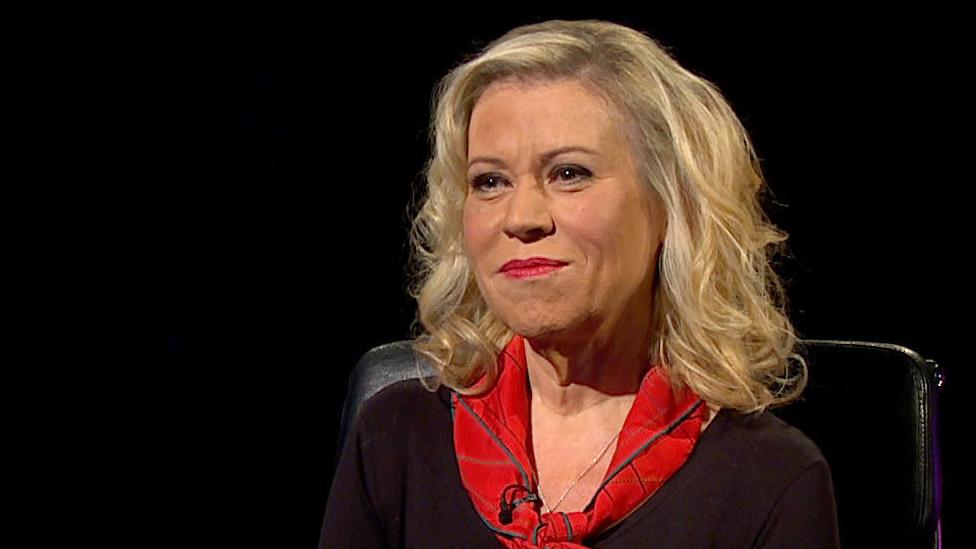
- Published24 January 2019
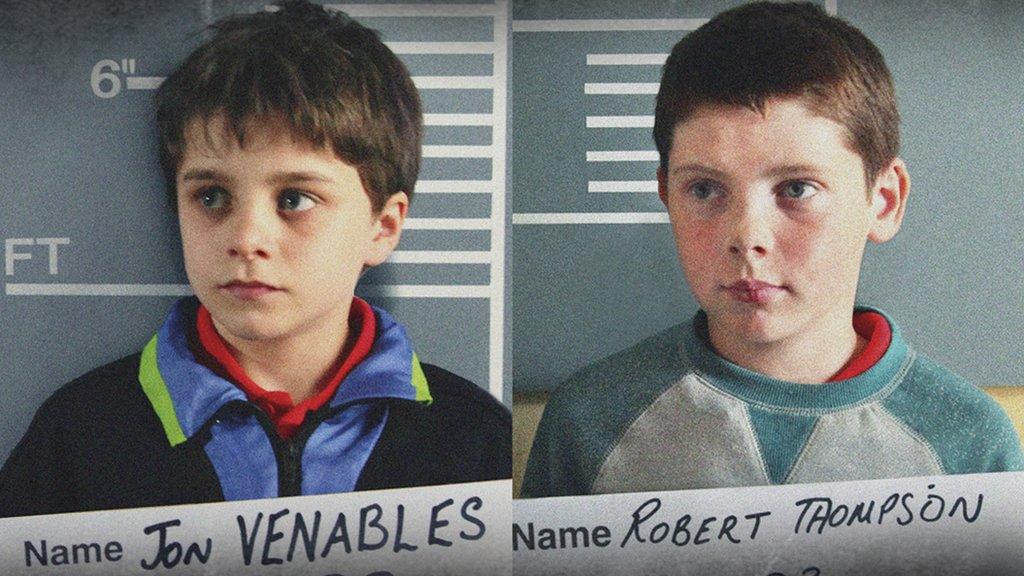
- Published22 January 2019

- Published14 November 2018
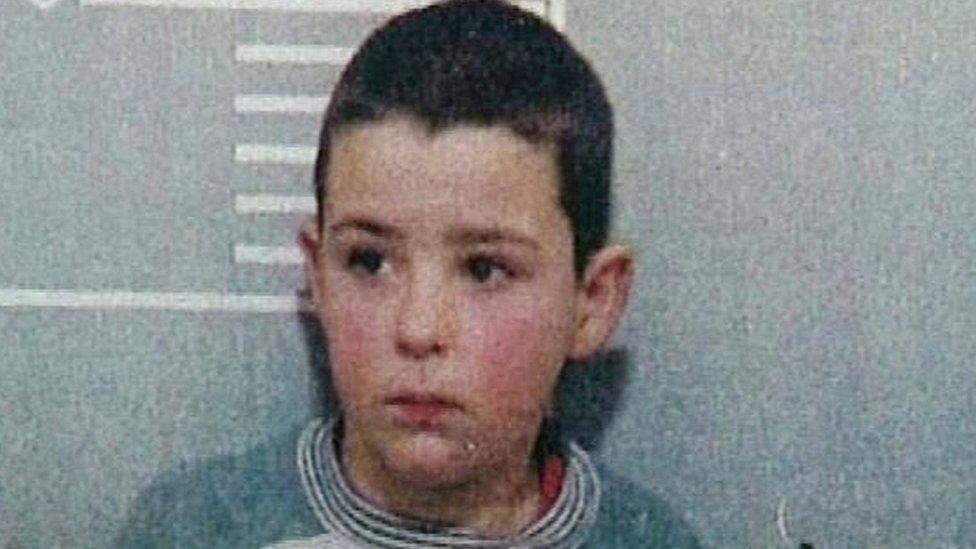
- Published3 May 2018
